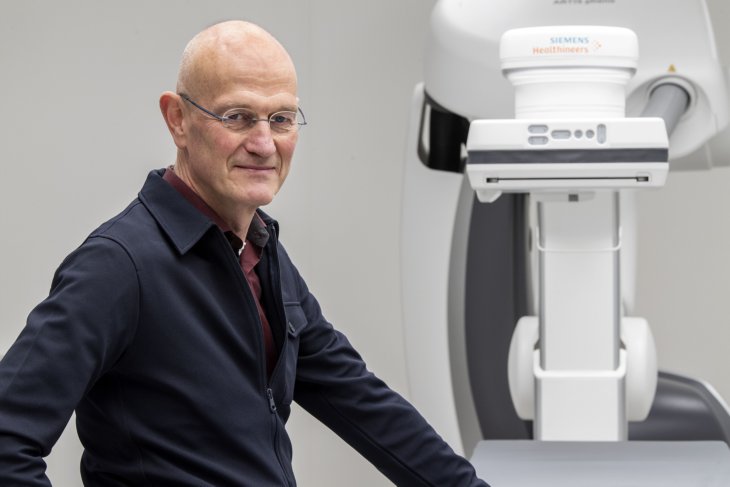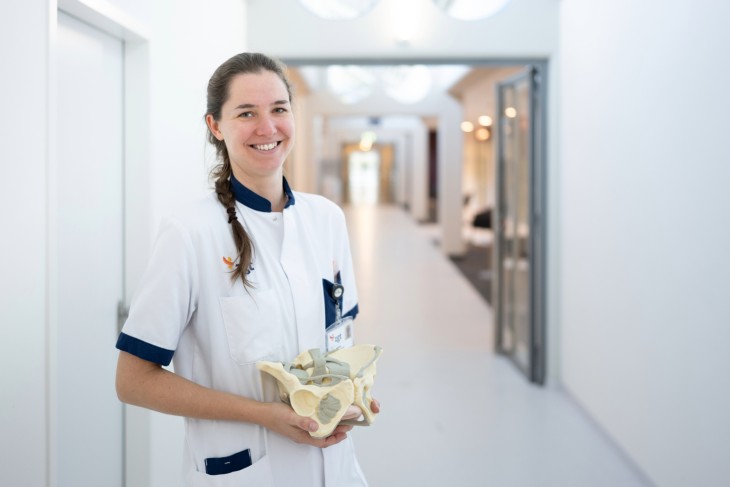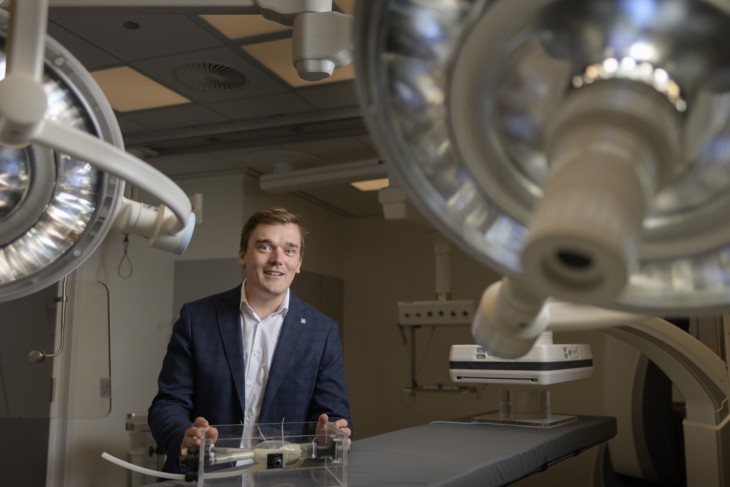TOP SECRET
The first fake operations have now been performed. Across the Netherlands, some 75 patients with band syndrome will go under the knife in the next few years. They will all get the incisions, but only half of them will actually undergo surgery. Who? That is perhaps the best-kept secret within medical science
PUBERTY
For Geelkerken, it is the way to find out that band syndrome is a medical abnormality and not a psychological problem. "One thesis was always that half the patients in my waiting room belonged to the psychiatrist and the other half sat with the psychiatrist and belonged to me," he says.
Now, 25 years later, that statement turns out to be true too. Who are the people Geelkerken is talking about? "They are often young people. When you grow up after puberty, the diaphragm goes down a bit and can drop over the upper intestinal artery. Breathing can then cause it to close up in your body."
IMPACT
Some are more sensitive to it than others. What are the associated complaints? Geelkerken: "That you feel full after eating, feel nauseous, have a brick feeling or that you have no energy left." The professor also sees people adjusting their eating patterns as a result or even not daring to go out anymore. So the impact can be huge.
In the next two years, it should become clear exactly what effect the fake operations and the real operations have had. If the operation works, if patients with band syndrome therefore really benefit from the procedure, Geelkerken hopes to have proved himself right once and for all. So wait and see!
Geelkerken's remarkable research received a lot of (media) attention. In January 2024, for instance, he joined talk show Op 1 on Dutch national television.





